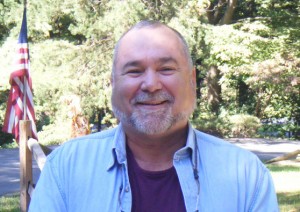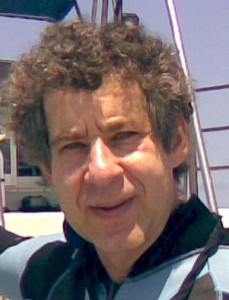
Metacognition — awareness of one's attention and thinking process — is increasingly a 21st century necessity. — Howard
Metacognition — I Know (or Don't Know) that I Know
At New York University, Sir Henry Wellcome Postdoctoral Fellow Dr Steve Fleming is exploring the neural basis of metacognition: how we think about thinking, and how we assess the accuracy of our decisions, judgements and other aspects of our mental performance.
Metacognition is an important-sounding word for a very everyday process. We ‘metacognise' whenever we reflect upon our thinking process and knowledge.
It's something we do on a moment-to-moment basis, according to Dr Steve Fleming at New York University. “We reflect on our thoughts, feelings, judgements and decisions, assessing their accuracy and validity all day long,” he says.
This kind of introspection is crucial for making good decisions. Do I really want that bar of chocolate? Do I want to go out tonight? Will I enjoy myself? Am I aiming at the right target? Is my aim accurate? Will I hit it? How sure am I that I'm right? Is that really the correct answer?
If we don't ask ourselves these questions as a kind of faint, ongoing, almost intuitive commentary in the back of our minds, we're not going to progress very smoothly through life.
Phi Beta Iota: The role of ethics and philosophy in channeling and integrating knowledge is not sufficiently appreciated at this time. Apart from being ignorant in the whole, we also lack integrity in the whole.






